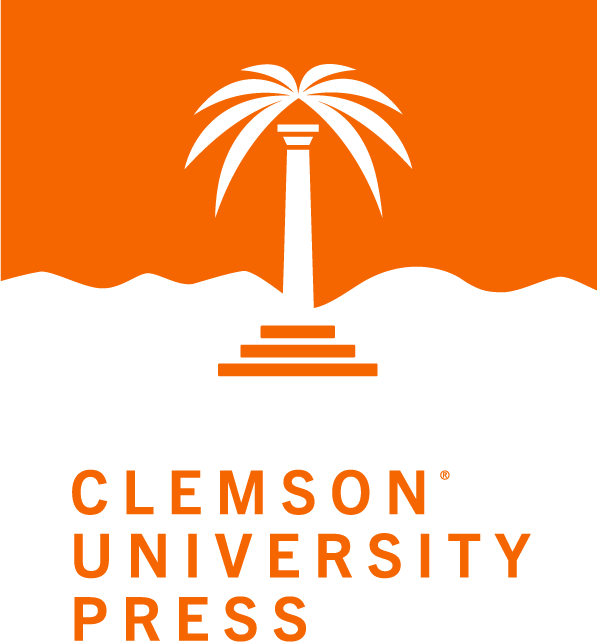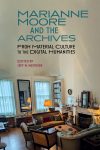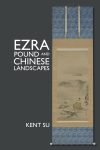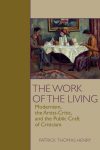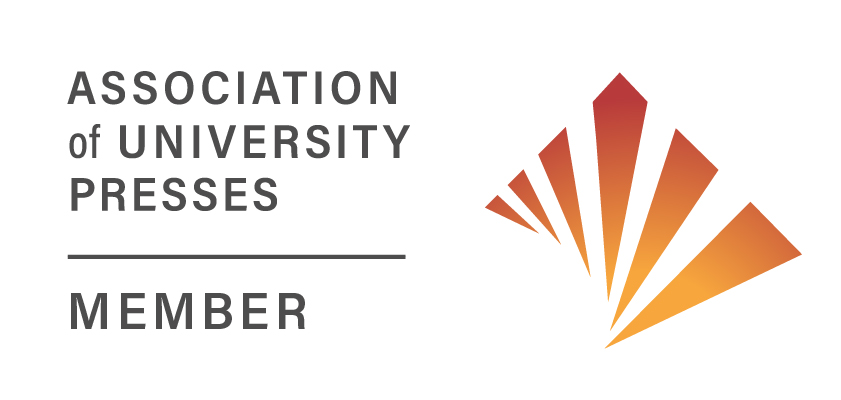#MeToo and Modernism
Edited by Robin E. Field and Jerrica Jordan
#MeToo and Modernism offers a blend of cultural, historical, literary, and pedagogical responses applied to the themes behind today’s ongoing #MeToo Movement. This volume is organized into four sections: a three-part chronological response in which scholars analyze literary understandings of how ripples of the #MeToo Movement began to emerge in modernist literature, followed by a pedagogical section on how to incorporate such teachings in university classrooms. Editors Robin E. Field and Jerrica Jordan foreword the collection with an introduction answering the question of why such a volume is necessary in today’s educational landscape. The introduction summarizes the current scholarship regarding #MeToo and modernism while also uncovering the omissions, particularly in approaching nonbinary or queer writers, as well as writers of color, that still exist. The book’s chapters fill many of these gaps. Furthermore, the introduction shows how more traditional modernist writers—including Woolf, Forster, Wells, and Joyce—served as forerunners of early glimmers of the #MeToo movement in modernist literature.
TABLE OF CONTENTS
Introduction: #MeToo and Modernism | Robin E. Field and Jerrica Jordan
Part One: Questioning Modernist Misogyny
1. “I’d have my life unbe”: Undoing Experience in Tess of the d’Ubervilles | Bailey Shaw
2. Muses and Misogyny in Decadent Modernism | Angie Blumberg
3. Defiant Martyrs, Repentant Sinners, and Pioneer Players: Translating and Transforming the Works of Hrotsvit of Gandersheim | Ben Lee Taylor
4. Ford’s Creepy Candor | Beci Carver
Part Two: #MeToo, Modernism, and Trauma
5. Locating Women’s Shared Trauma and Precursors to the #MeToo Movement in Virginia Woolf’s The Voyage Out and Moments of Being | Ellen Campbell
6. Phonograph as Witness: New Media’s #MeToo Evolution | Zan Cammack
7. Street Harassment in Wells, Joyce, and Woolf | Candis E. Bond
8. “full yell of full woman, delight, joy, indignation”: Women Out-spoken in Joyce’s Ulysses | Michael Levenson
Part Three: Aftermath: Outrage and Its Reactions
9. Modernist Memoir and the Social Structures of Sexual Violence | Emma Heaney
10. What Happened in the Cane? A Re-Reading of Jean Toomer’s “Fern” | Samantha Wallace
11. Histories of Rape Resistance: Revolution in Ann Petry’s The Street | Jerrica Jordan
12. Why All Rape is Interracial: Wide Sargasso Sea and the Possibility of Feminist Solidarity | Carine Mardorossian
Part Four: #MeToo Modernist Pedagogy
13. Rescuing Women from Historical Amnesia: How Three Twenty-First Century TV Series Address #MeToo and Foreground the Role of Women in the Twentieth-Century
| Daniel R. Schwarz
14. #MeToo vs. Modernism in the Classroom | Cara Lewis
15. “Equally, if you stop to laugh”: Teaching the Humor of A Room of One’s Own in the #MeToo Classroom | Lauryl Tucker
About the Editors
Robin E. Field is Professor of English at King’s College in Wilkes-Barre, Pennsylvania. She is author of Writing the Survivor: The Rape Novel in Late Twentieth-Century American Fiction (Clemson, 2020) and co-editor of Transforming Diaspora: Communities beyond National Boundaries (Fairleigh Dickinson University Press, 2011). She has published articles and book chapters on Jhumpa Lahiri, Sandra Cisneros, Alice Walker, Lynne Sharon Schwartz, and Ayad Akhtar. Her research interests include gender, trauma, contemporary literature, and postcolonial studies. She is the Director of the Center for Excellence in Learning and teaching at King’s College and the Managing Editor of the journal South Asian Review.
Jerrica Jordan is a professor of English at Tarrant County College in Fort Worth, Texas. She holds a Ph.D. in English from Southern Illinois University, where she specialized in twentieth-century American literature and culture. Her research interests focus on women writers of color and American modernism, including Nella Larsen, Zora Neale Hurston, and Ann Petry. Her work has either been published or is forthcoming in Feminist Modernist Studies, Tulsa Studies in Women’s Literature, Pacific Coast Philology, and The Journal of American Culture. She also serves as co-advisor to TCC’s award-winning literary magazine, Roots & Reflections.
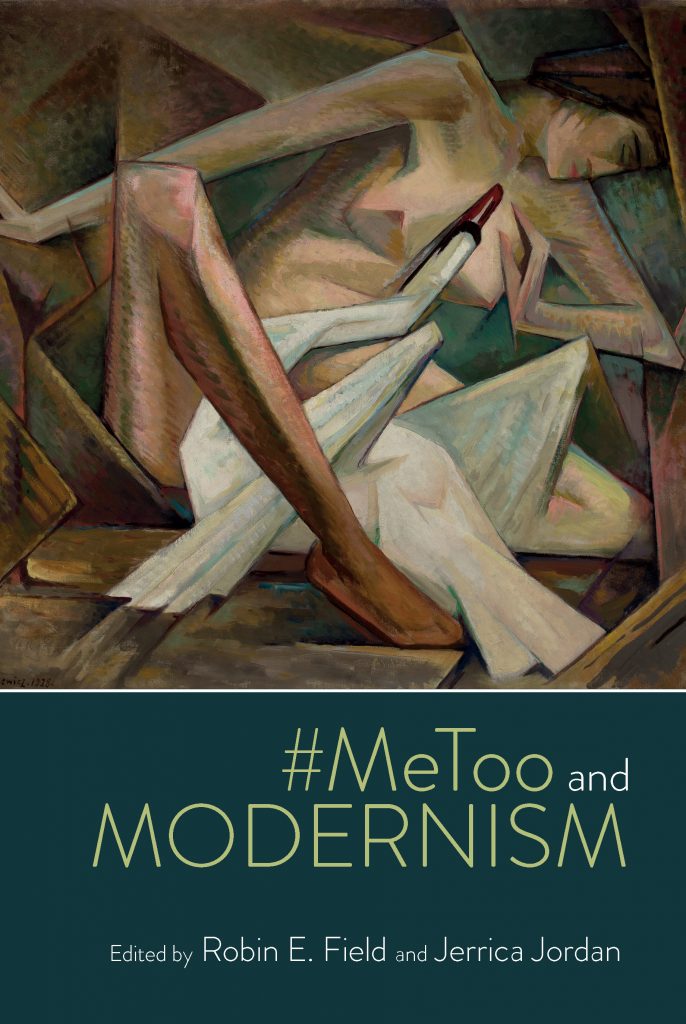 Purchase from Liverpool UP
Purchase from Liverpool UP
Details
Pages: 318 pages
Published: February 2023
Formats
Hardback
ISBN: 978-1-63804-036-1
eBook
ISBN: 978-1-63804-037-8
Subjects
LiteratureModernism
